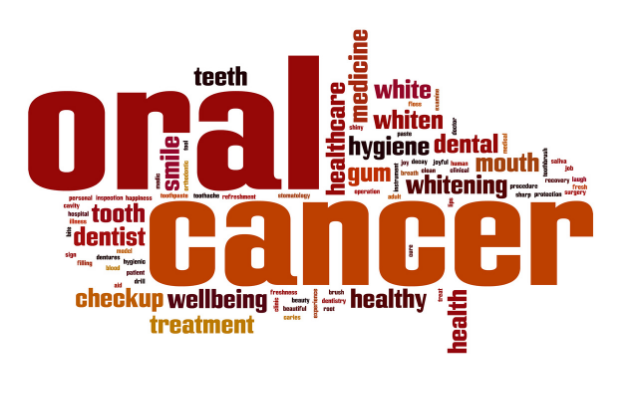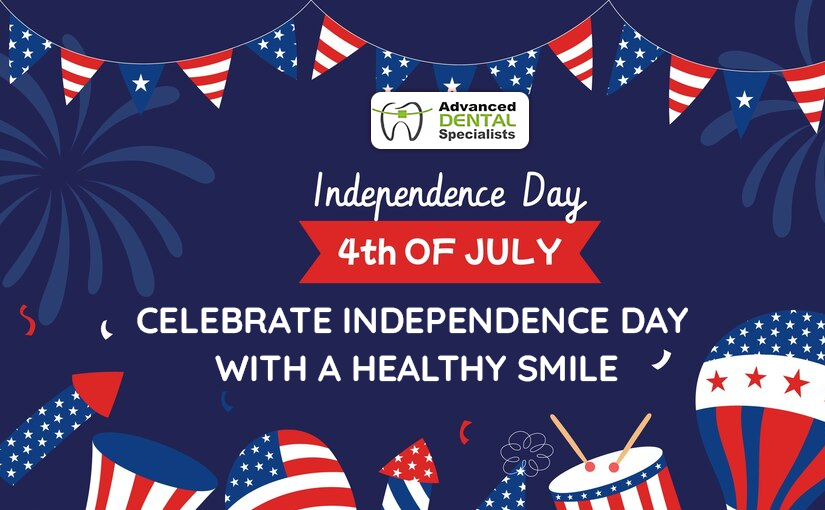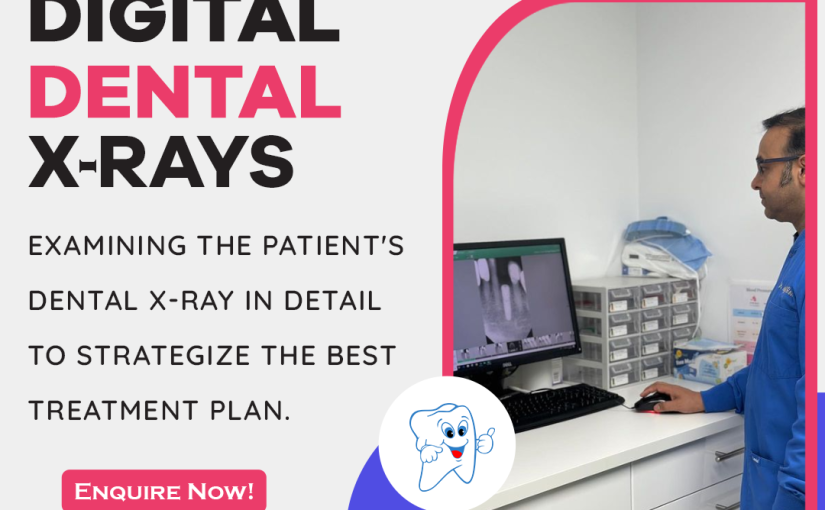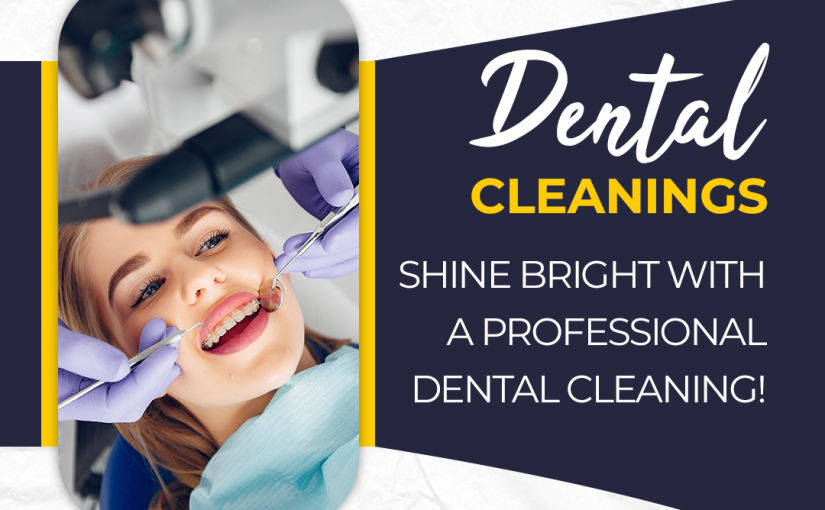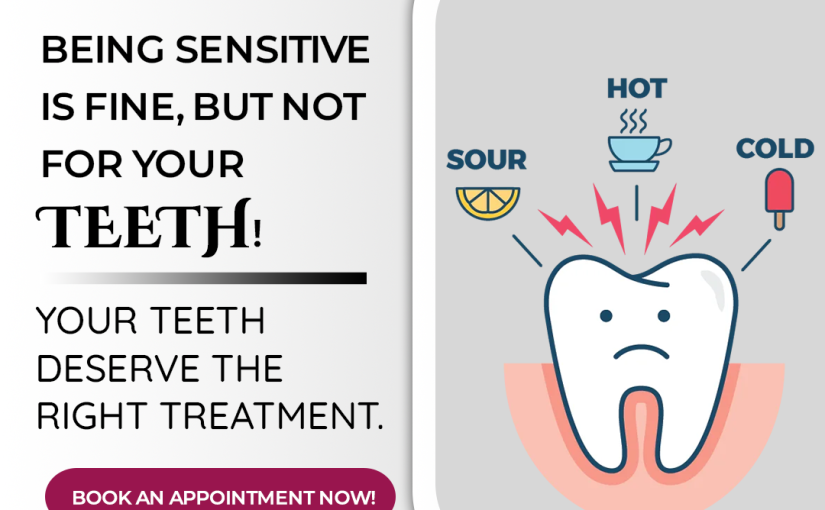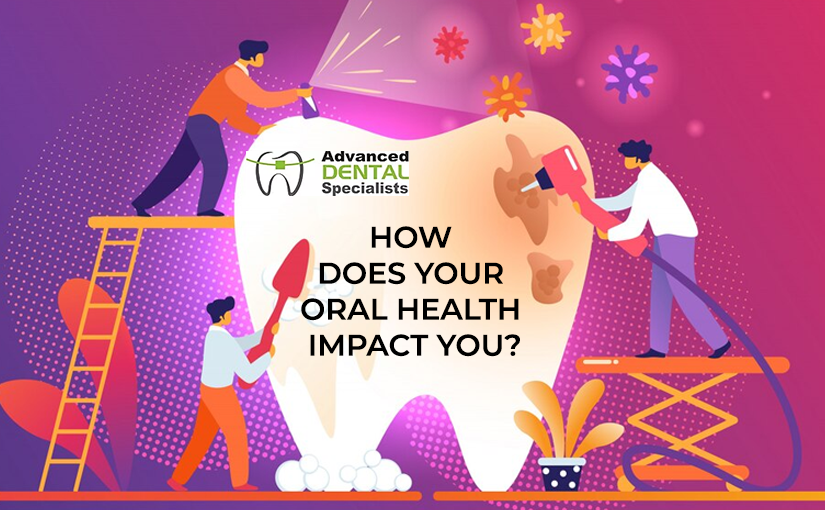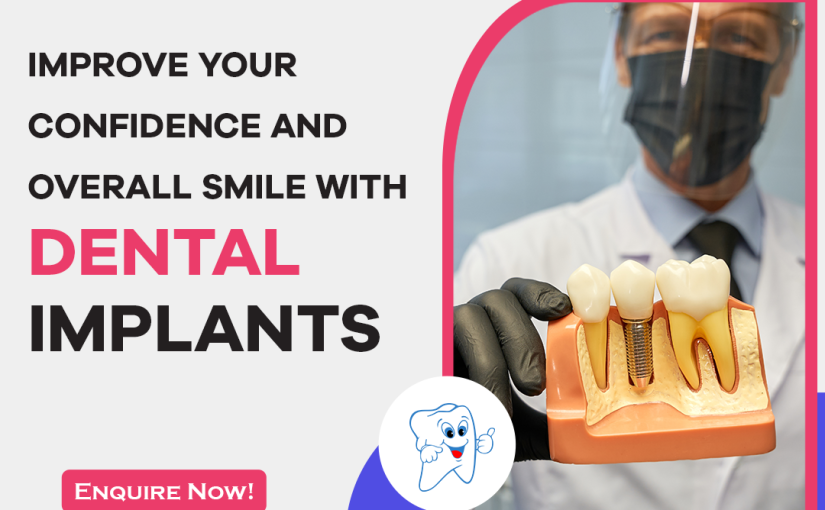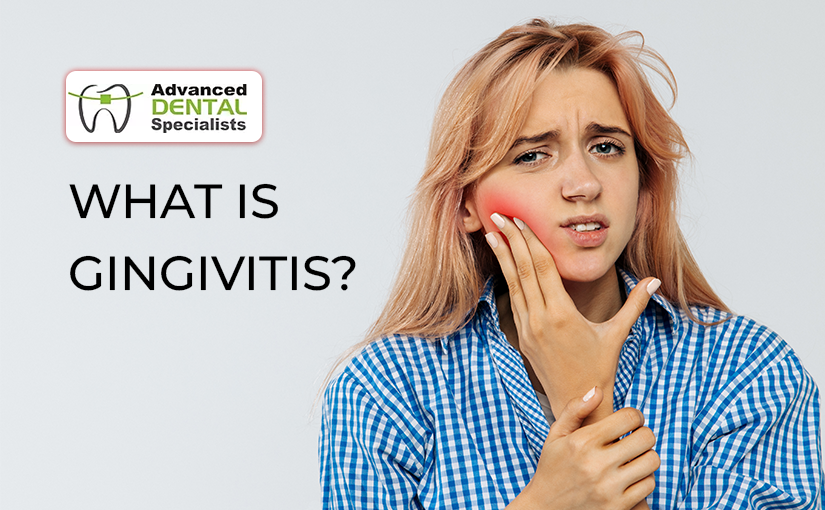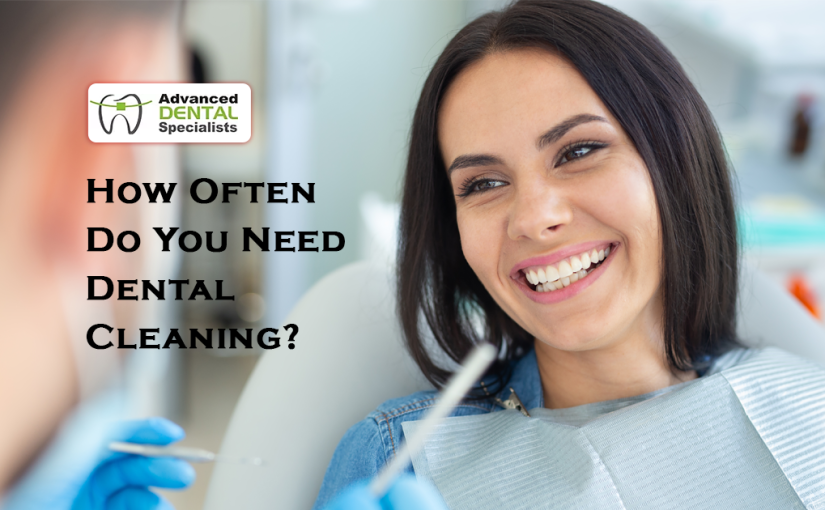Why Oral Cancer Screenings Are Important for Your Health
Oral cancer is a serious and potentially life-threatening condition that affects thousands of people every year. Despite advancements in treatment, the survival rate for oral cancer has not significantly improved over the decades, primarily because many cases are not diagnosed until the disease has progressed to an advanced stage. This makes early detection crucial, which is where oral cancer screenings come into play. In this blog post, we’ll explore why oral cancer screenings are essential for maintaining your health and what you can expect during a screening.
Understanding Oral Cancer
Oral cancer includes cancers of the lips, tongue, cheeks, floor of the mouth, hard and soft palate, sinuses, and throat (pharynx). It can be life-threatening if not diagnosed and treated early. The major risk factors for developing oral cancer include tobacco use, heavy alcohol consumption, excessive sun exposure (particularly for lip cancer), human papillomavirus (HPV), and a history of oral cancer. Although these factors increase risk, oral cancer can affect anyone.
Symptoms of Oral Cancer
Understanding the symptoms of oral cancer can help in its early detection. Here are some common signs:
- Persistent sores or ulcers in the mouth that do not heal within two weeks
- Red or white patches on the gums, tongue, tonsils, or lining of the mouth
- Swelling or thickening of parts of the mouth
- Unexplained bleeding in the mouth
- Numbness, pain, or tenderness in any area of the face, mouth, or neck
- Persistent sore throat or feeling that something is caught in the throat
- Difficulty chewing, swallowing, speaking, or moving the jaw or tongue
- Ear pain
- Dramatic weight loss
If you notice any of these symptoms, it is crucial to see a dentist or healthcare professional promptly.
The Importance of Early Detection
The prognosis for oral cancer depends significantly on the stage at which it is diagnosed. When detected early, the survival rate is much higher, and treatment can be more straightforward and less invasive. Unfortunately, because oral cancer can often be asymptomatic in its early stages, it may go unnoticed without regular screenings.
Benefits of Early Detection
- Improved Survival Rates: Early-stage oral cancer has a higher survival rate compared to cases detected at a later stage. Early detection often means the cancer is less advanced and more treatable.
- Less Invasive Treatment: Treatments for early-stage oral cancer may be less extensive and may involve less intensive surgeries or radiation therapy, leading to better quality of life outcomes.
- Prevention of Progression: Detecting cancer early can prevent it from spreading to other parts of the body, which complicates treatment and reduces the chances of survival.
- Cost-Effective: Early detection and treatment can be less costly than treating advanced cancer, which may require more extensive medical interventions.
What Happens During an Oral Cancer Screening?
Oral cancer screenings are straightforward and painless procedures that can be done during routine dental checkups. Here’s what typically happens during a screening:
Visual Examination
The dentist or healthcare provider will conduct a thorough visual examination of your mouth. They will look for any signs of abnormalities, such as red or white patches, sores, swelling, or lumps. They will also examine your lips, gums, tongue, and the inside of your cheeks.
Physical Examination
The provider may also feel around your neck, face, and mouth for unusual lumps or bumps. This palpation helps in identifying areas that may not be visually apparent but could be indicative of cancerous changes.
Additional Tests
If anything suspicious is found during the screening, the dentist may recommend further testing. This could include a biopsy, where a small sample of tissue is removed and examined under a microscope to check for cancerous cells.
How Often Should You Get Screened?
It is recommended that adults receive an oral cancer screening at least once a year. However, individuals with risk factors such as tobacco use or HPV may need more frequent screenings. Discuss with your dentist how often you should be screened based on your individual risk factors and health history.
The Role of Advanced Dental Specialists
At Advanced Dental Specialists in Berkeley Heights, we prioritize your health and well-being. Our experienced team, led by Dr. Avijit Goel, is dedicated to providing comprehensive dental care, including routine oral cancer screenings. We use the latest technology and techniques to ensure early detection and provide you with the best possible outcomes.
Maintaining Good Oral Health
In addition to regular screenings, maintaining good oral health can help reduce your risk of oral cancer. Here are some tips:
- Quit Tobacco: Avoid using tobacco products, including cigarettes, cigars, and smokeless tobacco.
- Limit Alcohol: Reduce alcohol consumption as heavy drinking increases the risk of oral cancer.
- Use Sun Protection: Apply lip balm with SPF to protect your lips from sun exposure.
- Maintain a Healthy Diet: Eat a balanced diet rich in fruits and vegetables.
- Regular Dental Visits: Schedule regular checkups and cleanings to maintain oral health and catch any issues early.
Conclusion
Oral cancer screenings are a vital component of your overall healthcare strategy. Early detection through regular screenings can significantly increase the likelihood of successful treatment and survival. At Advanced Dental Specialists, we are committed to providing you with comprehensive care and helping you maintain a healthy, beautiful smile. Don’t wait for symptoms to appear—schedule your oral cancer screening today and take a proactive step towards protecting your health.
#OralCancerScreening #DentalHealth #EarlyDetection #AdvancedDentalCare #BerkeleyHeights
By prioritizing regular screenings and good oral health habits, you can significantly reduce your risk of oral cancer and maintain a healthier smile for years to come
